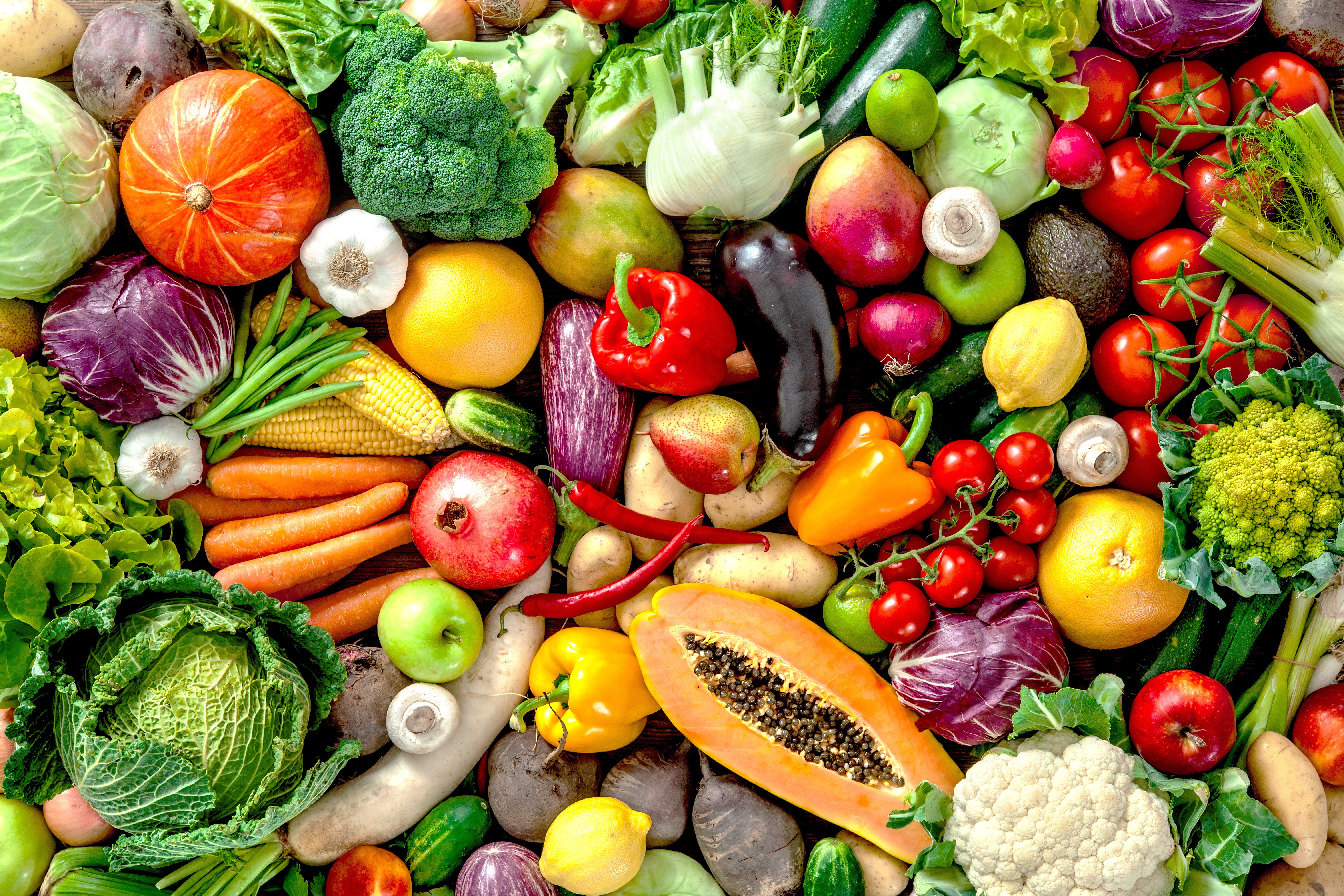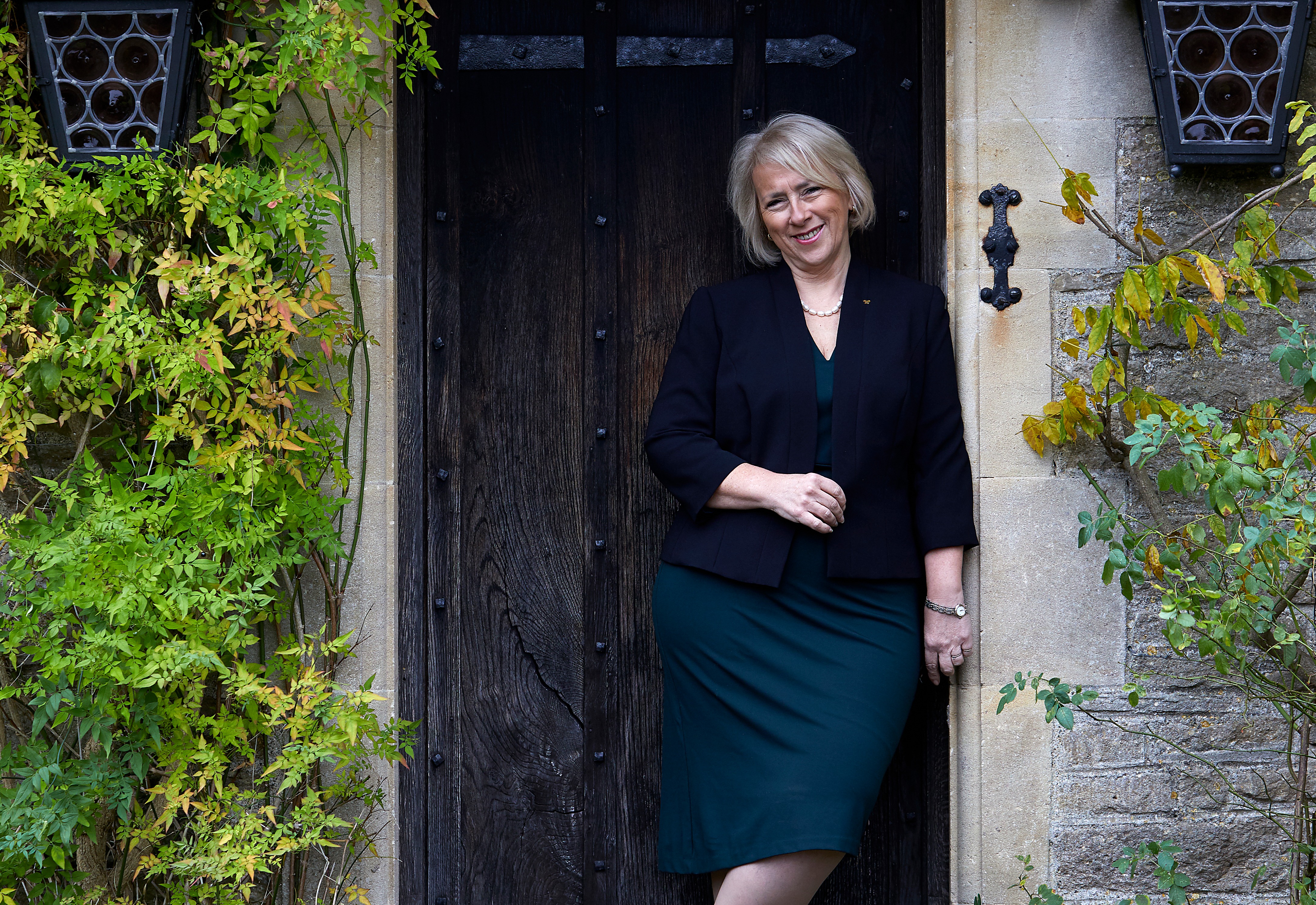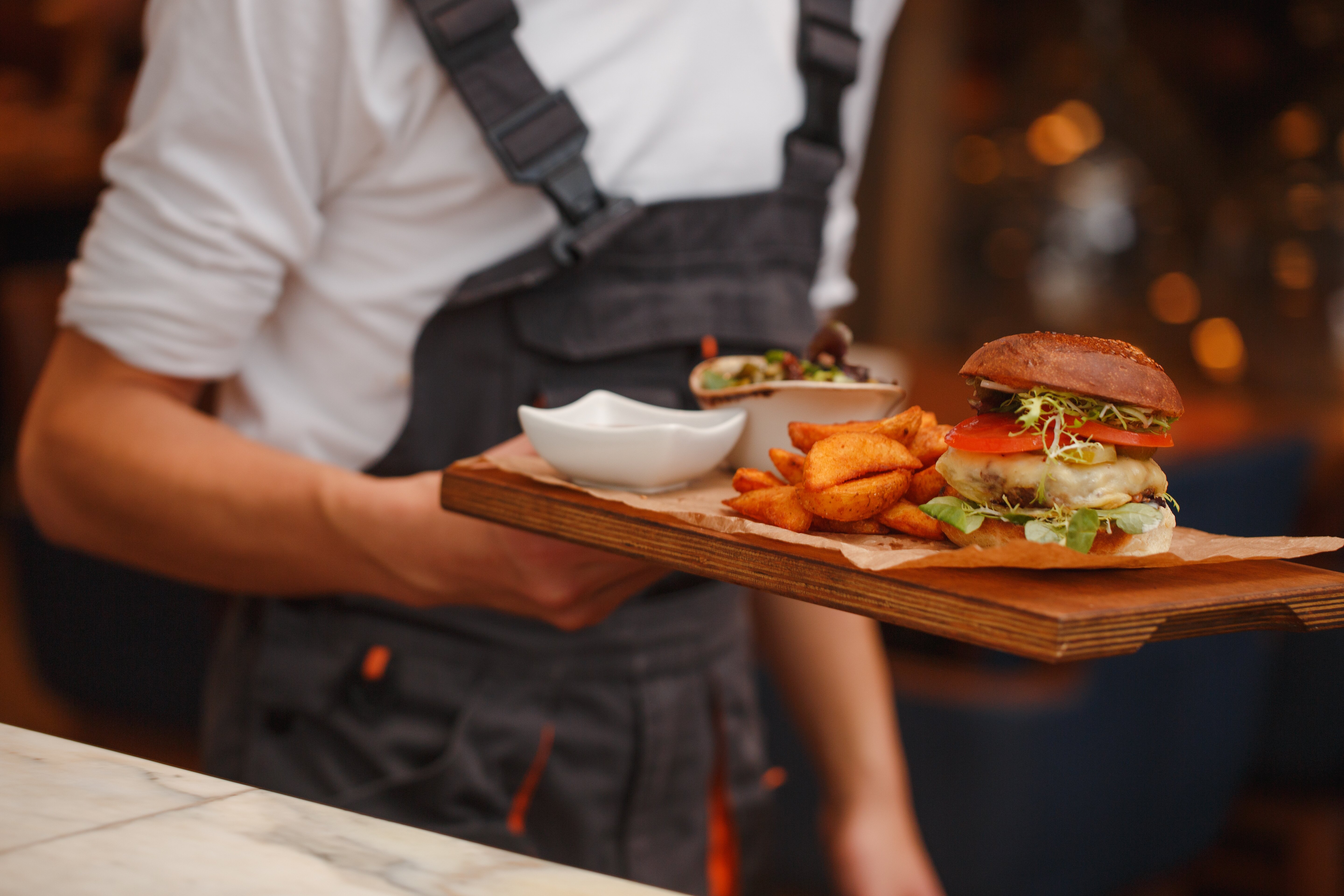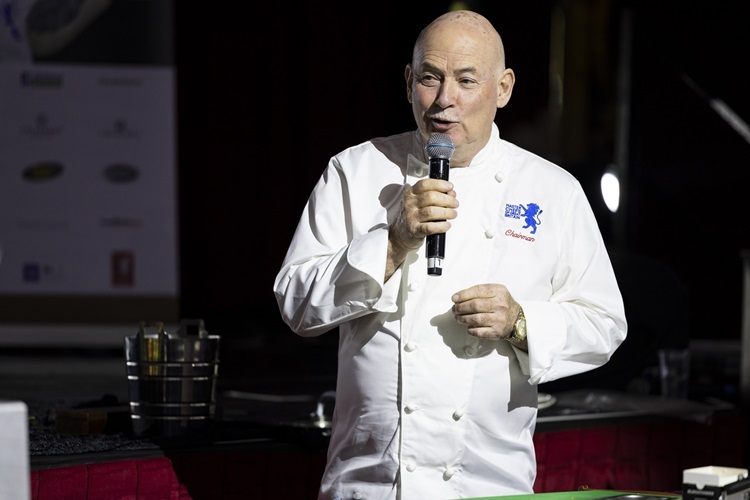Guide launched to help food businesses reopen sustainably
A new guide to help restaurants and food businesses reduce waste, carbon emissions and rebuild their businesses more sustainably has been launched today.
Developed by the London Waste and Recycling Board’s (LWARB) Advance London team in collaboration with the Sustainable Restaurant Association (SRA), it provides operators with practical actions to adopt a more circular approach that reduces their impact on the environment and boosts the bottom line.
As part of the Ellen MacArthur Foundation’s ‘big food workshop’, it includes contributions from chef Raymond Blanc and is backed by chefs such as Tredwell’s Chantelle Nicholson, Tom Hunt and Silo’s Douglas McMaster. Beyond environmental benefits, the actions outlined also have the potential to make a business more resilient to future shocks.
SRA chairman and Belmond Le Manoir aux Quat’Saisons chef-patron Raymond Blanc said: “If you are serious about tackling the climate emergency, you absolutely must take at least some of the seven ingredients in this guide and start to create your own menu for a food future that improves rather than damages the environment and which extracts maximum value out of your precious ingredients.”
Andrew Stephen, chief executive of the SRA, said: “This guide provides clear, scalable steps for any restaurant keen to play its part in tackling climate change, highlighting the huge benefits for business and the planet of getting more out of fewer resources and taking every possible step to waste as little as possible.”
Liz Goodwin, chair of LWARB, said: “Food is such a vital part of our social and cultural heritage but the current way our food is produced and wasted is crossing several planetary boundaries. With this guide, we want to help food establishments make a positive change and participate in London’s transition to a low carbon circular economy.”
Emma Chow, food initiative lead at the Ellen MacArthur Foundation, added: “As a flagship city of the Ellen MacArthur Foundation Food Initiative, London is one of the pioneering cities leading the transition to a circular economy for food. This guide presents important first steps for restaurants to help achieve this transition by redesigning their menus and operations so that they eliminate waste and support local regenerative agriculture.”
The guide can be accessed here.
Photo: Shutterstock




















